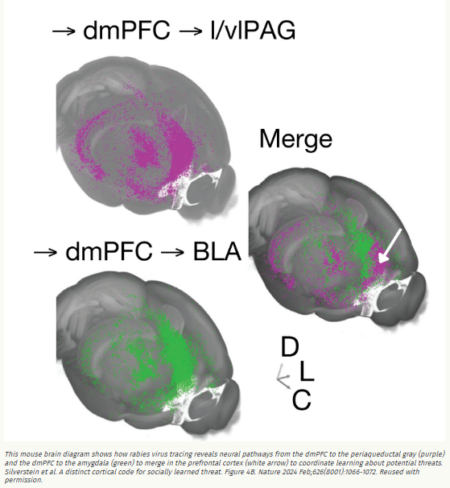Study Confirms Real-World Reliability of a Key Tool for Alcohol Screening
The Alcohol Use Disorders Identification Test–Consumption (AUDIT-C) is a key, three-question tool used by health professionals to screen people for alcohol misuse. Although previous clinical research has validated use of the AUDIT-C, its test–retest reliability—a measure of the consistency of a test’s results over time—has not been evaluated in routine-care conditions with adult primary care … Read more





